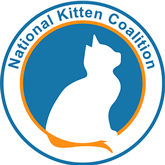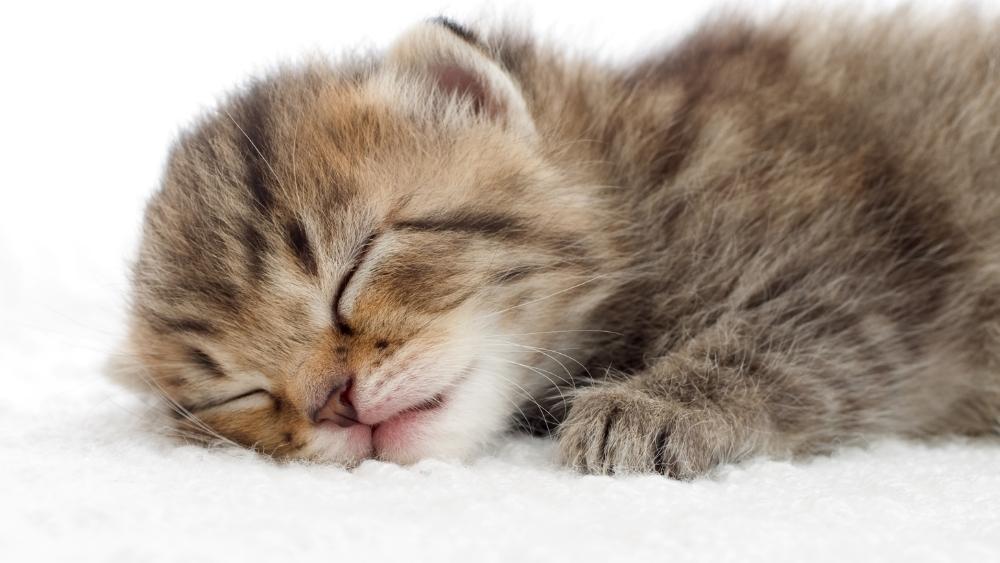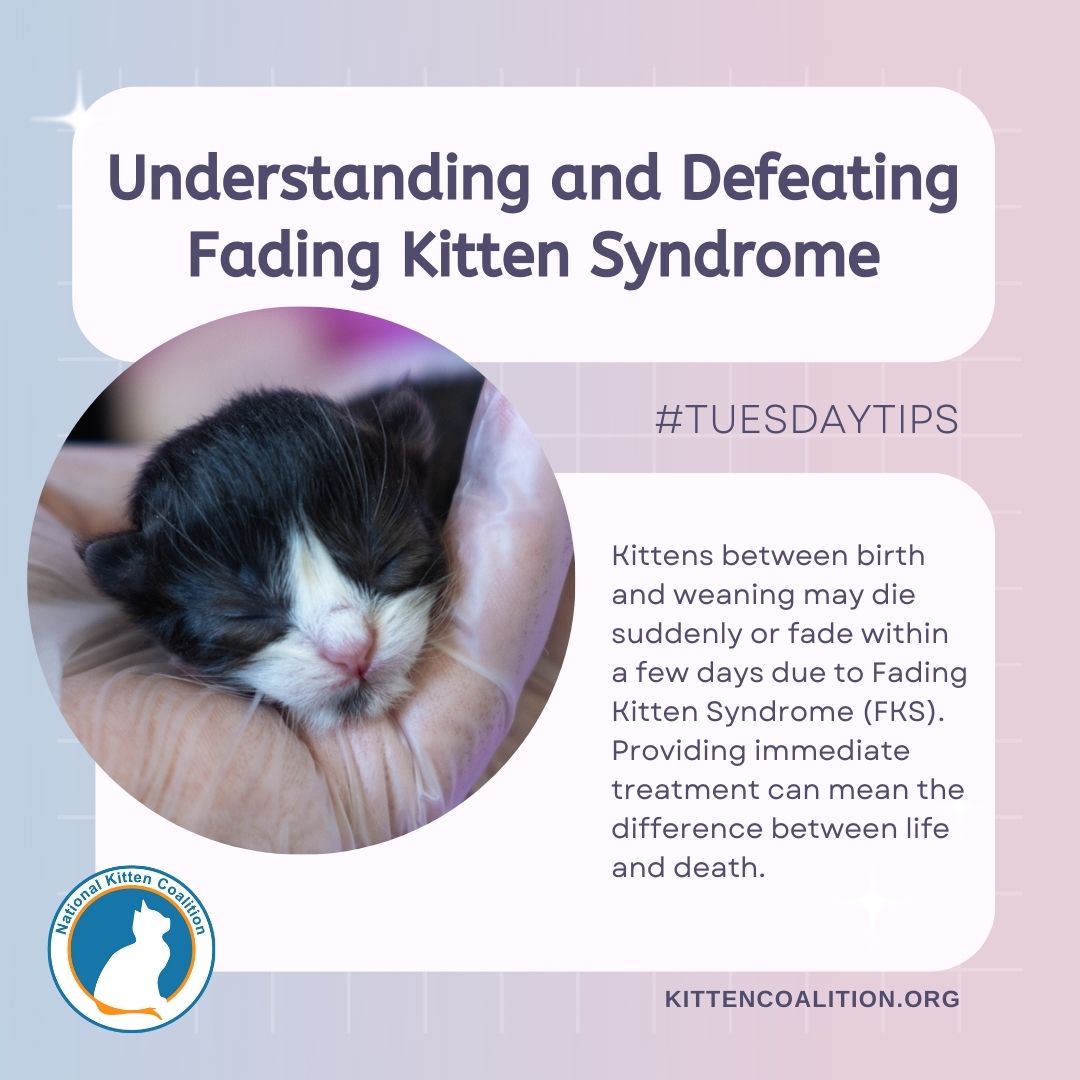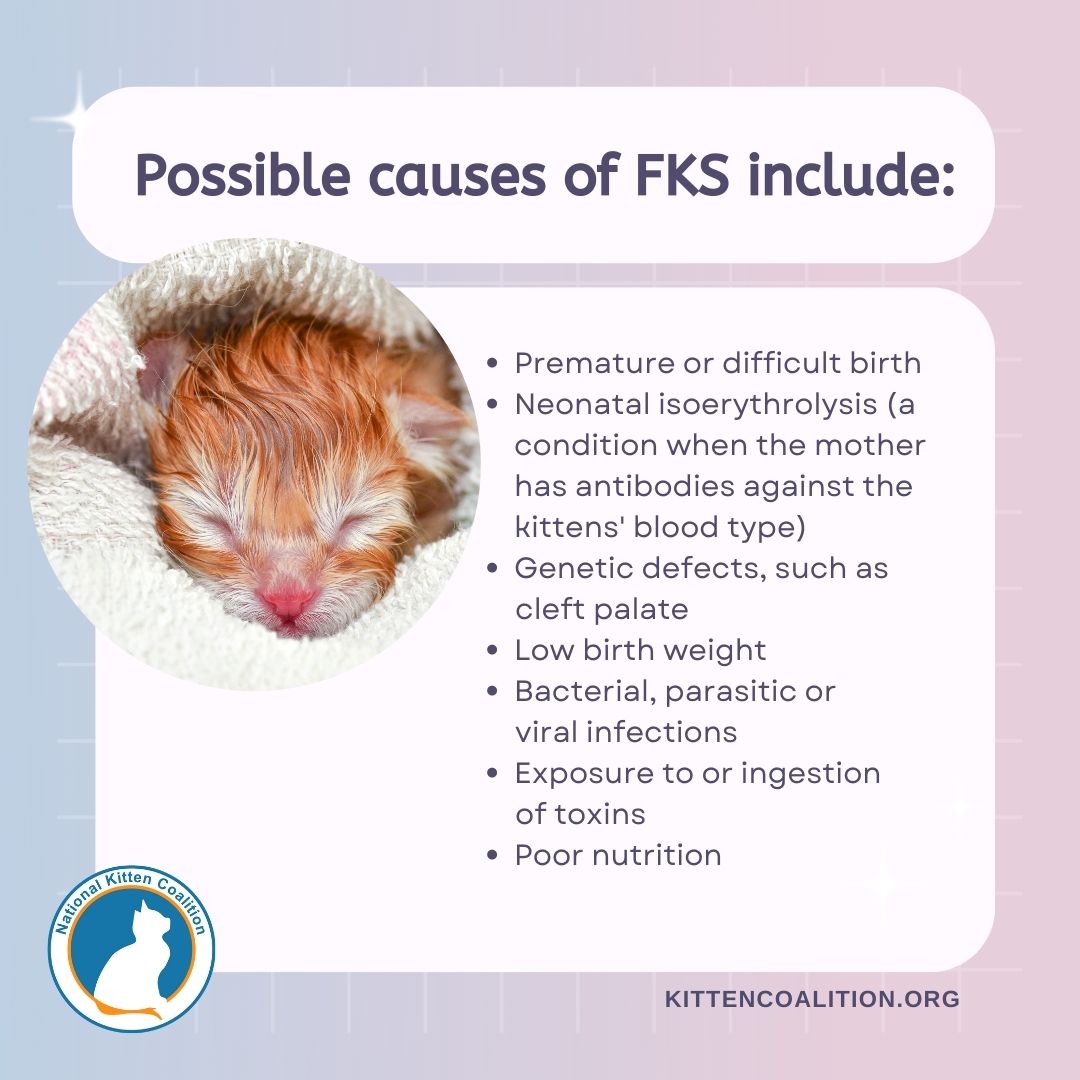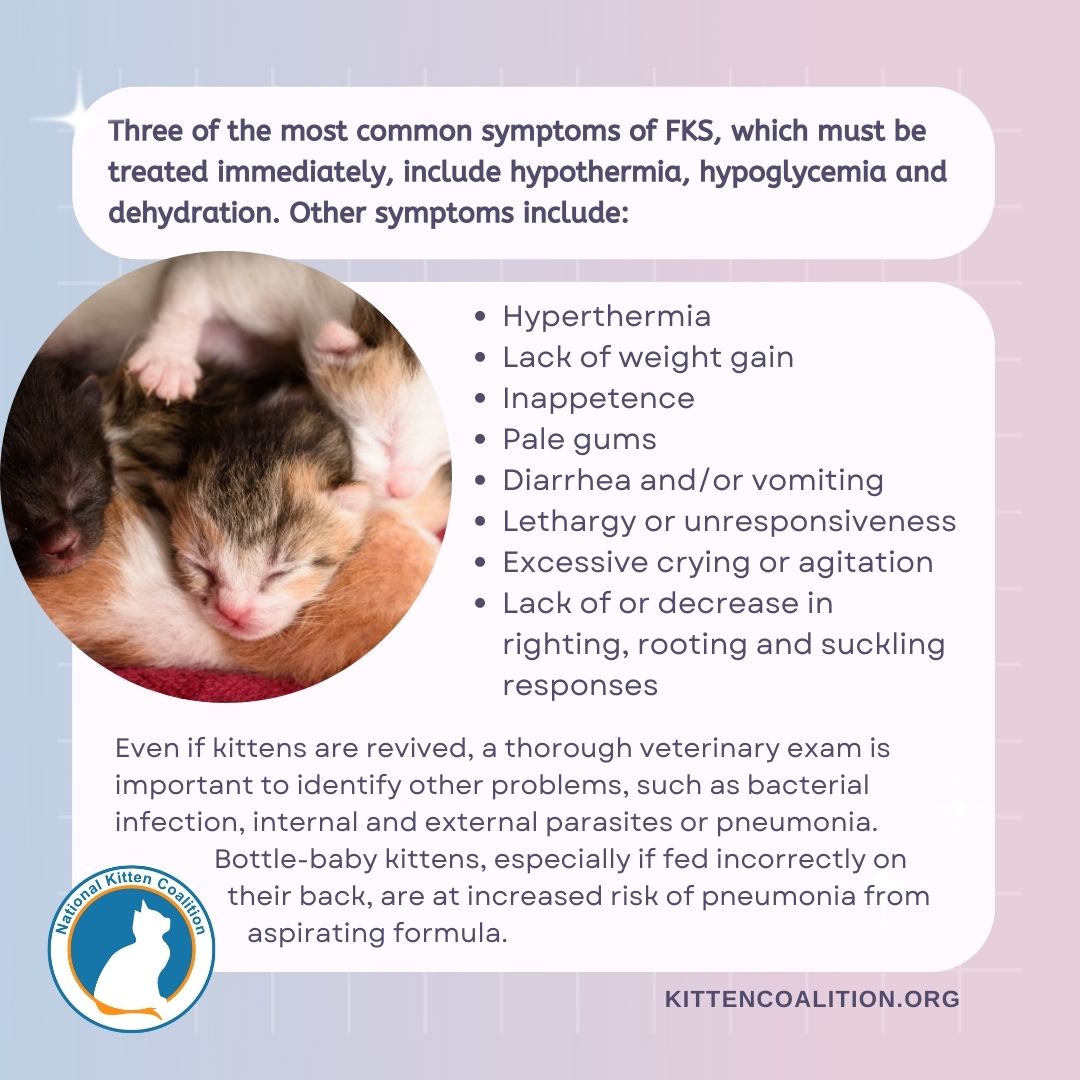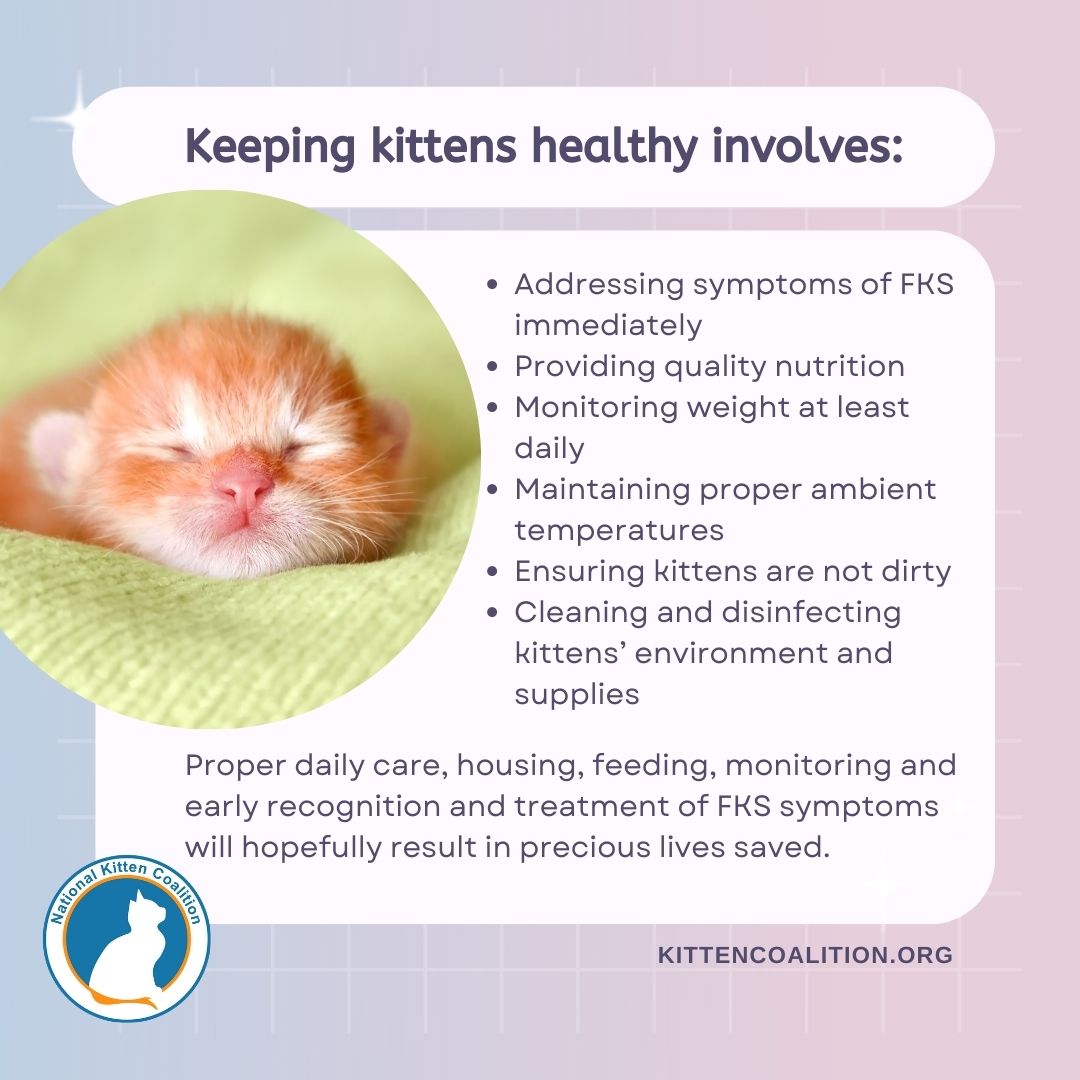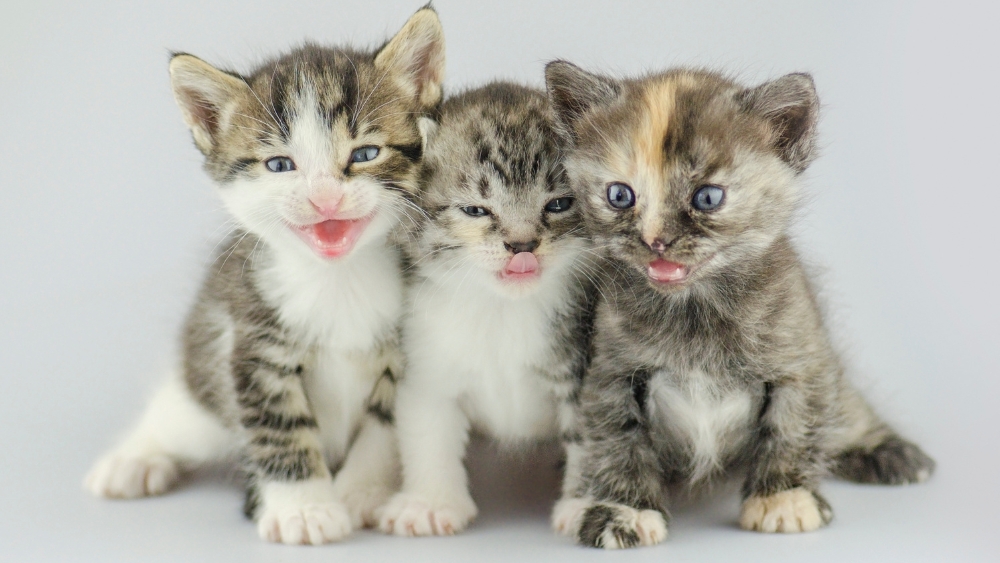Share this resource or email it to a friend!
Fading Kitten Syndrome (FKS), also known as failure to thrive, is generally associated with kittens between birth and weaning. Kittens, especially newborns, must be monitored closely because FKS may cause them to die suddenly or fade within a few days.
FKS is not a single disease but includes symptoms that are seen in a variety of illnesses. Recognizing early fading symptoms and providing immediate treatment can mean the difference between life and death.
Possible causes of FKS include:
- Premature or difficult birth
- Neonatal isoerythrolysis (a condition that occurs when the mother has antibodies against the blood type of the kittens)
- Genetic defects, such as cleft palate
- Low birth weight
- Bacterial, parasitic or viral infections
- Exposure to or ingestion of toxins
- Poor nutrition
- Unsanitary living conditions
Hypothermia (low body temperature), hypoglycemia (low blood sugar) and dehydration (an excessive loss of water and electrolytes) are three of the most common symptoms of FKS and must be treated without delay. Other symptoms include:
- Hyperthermia
- Lack of weight gain
- Inappetence
- Pale gums
- Diarrhea
- Vomiting
- Lethargy or unresponsiveness
- Excessive crying or agitation
- Lack of or decrease in righting, rooting and suckling responses
Even if kittens are revived, a thorough veterinary exam is important to identify other problems that require attention, such as bacterial infection, internal and external parasites or pneumonia. Bottle-baby kittens, if fed incorrectly on their back, are at increased risk of pneumonia from aspirating formula into their respiratory tract instead of swallowing it.
Keeping kittens healthy involves:
- Addressing symptoms of FKS immediately
- Providing quality nutrition
- Monitoring weight at least daily
- Maintaining proper ambient temperatures
- Ensuring kittens are not dirty
- Cleaning and disinfecting kittens’ environment and supplies
Auscultation of the lungs (listening with a stethoscope) and x-rays can help determine if pneumonia is the cause of FKS. Bottle-baby kittens, especially if fed incorrectly on their back, are at increased risk of pneumonia from aspirating formula into their respiratory tract instead of swallowing it.
Proper daily care, housing, feeding, monitoring and early recognition and treatment of FKS symptoms will hopefully result in precious lives saved.
